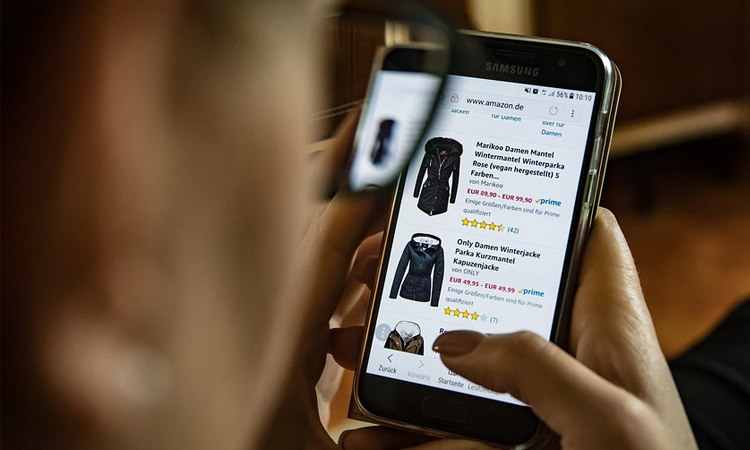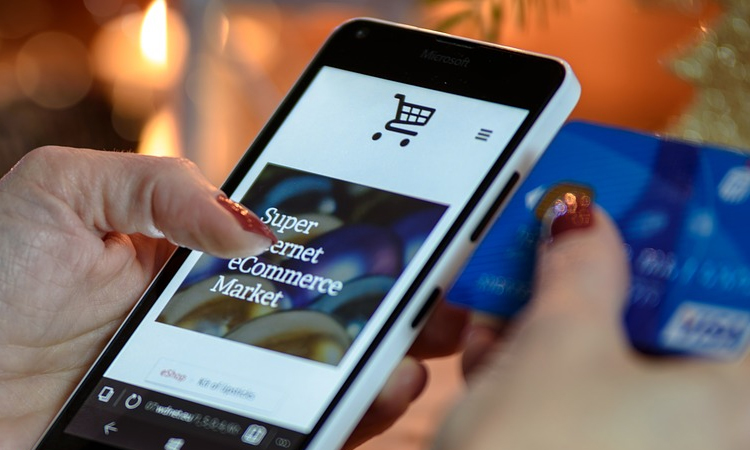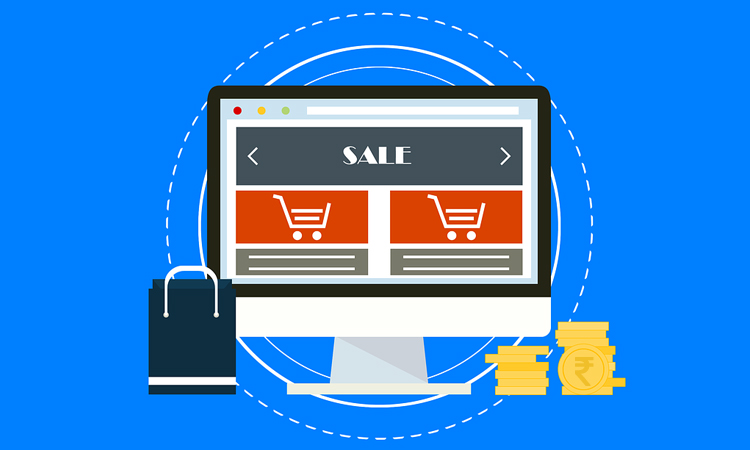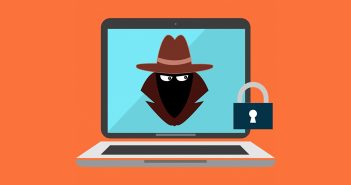Gone are the days where it was mandatory to get out of the house to shop for something. Modern technology has made everything so easy and smooth, that everything we desire can be delivered to us on our doorstep. Shopping online has its own comfort and benefits. You don’t have to visit various stores, deal with the traffic or even look for the lowest price on products. Instead, right from the comfort of your home you can sort through a vast product list, read expert reviews and ratings, and check out the lowest price on the product of your choice.
And while it is easy to relish and bask in these benefits, it is also important to remember to protect yourself and your personal information. If fallen into the wrong hands, your personal information could be used for hacking, ATM frauds, debit/credit card frauds, and other cybercrimes. To keep yourself secure while shopping online, follow these simple steps.
Avoid Using Public Wi-Fi
We are all guilty when it comes to using the internet even when we are not at home. With the slow rise of public Wi-Fi spots at every corner, using the internet is a temptation we can’t resist. But, what we don’t realize is that most public networks don’t encrypt our data. This becomes an open platform for hackers to hack into our personal data.
If it is not required, it is always better to resist connecting to public networks. Similarly, whenever possible, avoid using a public computer for accessing personal information and for online transactions. You can always use your latest and updated smartphone as a hotspot. It is much safer than a public computer or Wi-Fi. Always remember, “Better safe than Sorry”.

Extra Precaution with a Smartphone
Smartphones these days are no less than a computer or a laptop. They can perform a similar amount of functions just like a computer. The only drawbacks while using your smartphone for shopping online is that mobile phones don’t come with anti-virus protection that protects it from malware. And the second reason being, URL’s are shortened to make them mobile-friendly. This makes it difficult to analyze whether we are visiting a trusted source or a risky site.
Set a Unique Password
While shopping online, we use our personal debit/credit cards which require passwords to complete transactions. These passwords play a key role in keeping our financial data private and secure. What we usually do is set passwords that are somehow easy to guess. We put in our birthdays, birthdays of loved ones or even names of people close to us. Cracking such passwords is like a child’s play.
An interesting tip for a strong password is, make sure it is at least seven characters long and has a mix of letter, numbers or symbols. Another alternative for setting a strong password is to opt for a passphrase. A passphrase is easy for you to remember and almost impossible anyone else to guess. Plus if you are planning to stick to a password instead of a passphrase, make sure to reset your password every so often.

Secure Mode of Payment
There are tonnes and tonnes of online shopping websites that offer products from all sorts of categories. And then there are price comparison websites which make it easier for us to find the lowest price on products across various online stores. These websites make our shopping experiences fairly simple and easy.
However, while shopping online through a new or a website unknown to you, make sure they offer secure modes of payments. These secure methods such as PayPal and credit cards assure you that the website offers buyer protection. Once you see well-known security labels on these websites, understand that it a green signal for your shopping.
Never Click On Links in Emails
Don’t we all receive emails from various sources every day asking us to click on a link to win something or complete our personal details? Our mailboxes are filled with such emails. While this does not particularly mean that these links are unsafe or can’t be trusted, you can never be too sure. We might not realize it at first, but what may look like a genuine website may be a phishing scam.
These scams make it look like emails are being sent from legitimate sources and direct us to a hoax website to hack into our personal information. It is safe to follow a link from a website that you have shopped from before. On the other hand, take precautions for emails from online websites you have never shopped from previously. Instead of directly clicking on the link, type the address in the browser. This confirms if the link is genuine and is directing you to a trusted source.

Look for “HTTPS”
How many of us notice that the websites we visit for shopping online come with the HTTP or HTTPS URL? Not a lot, we presume. Most of you will also be wondering how that added “S” makes a difference to staying secure. What you need to know is that websites with HTTPS are the ones you should shop from.
The added “S” is a way of letting you know that your information is being processed in a secure manner. HTTPS websites encrypt the personal information of users making it safe while shopping online. On the contrary, be wary of websites that start with the HTTP URL.
Upgrade your Browser
When everything else in the world of technology is being upgraded, why not your web browser as well? Most of the times we ignore notifications and pop-ups that ask us to upgrade our browser. However, an update means a boost in security. Older browsers don’t offer you complete protection from some websites which makes it easy for hackers to access your information.
Conclusion:
We have been blessed with technology and having everything delivered to us. So why not take a few necessary precautions that will keep this process running smooth? Once you know your information is secure, there is nothing that can stop you from going on an online shopping spree. And like we already mentioned above, better safe than sorry.




